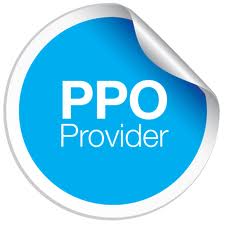http://content-dc2.govdelivery.com/accounts/USCMSHIM/bulletins/83fd95
Day: July 18, 2013
Price Drives Decisions, Not Expanded PPO Networks – Narrow Networks Gaining Market Share
 Several insurers preparing for the health insurance exchanges opening in October are researching how consumers will choose a health plan. The answer: low costs, reported the Wall Street Journal.
Several insurers preparing for the health insurance exchanges opening in October are researching how consumers will choose a health plan. The answer: low costs, reported the Wall Street Journal.
Insurers have created simulated exchanges that allow consumers to test drive the experience of shopping for health coverage in an online marketplace. Simulations are demonstrating that consumers most often choose plans based on price, including the amount of subsidies available to them. They also select coverage quickly, rarely analyzing benefit details in depth.
Consulting firm Booz & Co.’s simulated exchanges have revealed that premiums were the most important aspect to health coverage, followed by cost-sharing features, such as deductibles. Meanwhile, McKinsey’s simulations have found that most consumers would rather save money than have a larger network of doctors and hospitals.
“People were willing to trade off network access for price,” Shubham Singhal, a McKinsey director who leads the firm’s healthcare practice, told the WSJ.
That was the same conclusion drawn by Blue Cross Blue Shield of Rhode Island (BCBSRI), which conducted a simulated exchange with about 500 consumers to obtain “a real-life glimpse into how people will behave,” said Jim Gallagher, BCBSRI’s vice president of marketing. The simulation showed that consumers only spent about nine minutes on the decision process, with 48 percent of consumers reporting premiums were the most important factor to their decision, and 41 percent said they would sacrifice provider choice to save money.
BCBSRI is using the results of the simulation to determine its exchange offerings. For example, it choose not to offer a platinum plan that could attract high-need members and is adding an online tool for consumers to consult with an adviser as they shop for health plans.
Simulating exchanges can also help inform insurers’ promotional campaigns like the one the Blue Cross and Blue Shield Association launched with Walgreens, which FierceHealthPayer previously reported, to better educate consumers and compel them to sign up for the exchanges.
Editor’s Note: What constitutes a narrow network? Doctors who charge more than others, or doctors that agree to take less than others? Carriers are carving out their lower cost providers and calling that network their “Premier” or “Gold” network to denote value to the consumer. Good marketing tactic.
Nearly Half Of Brokers Plan To Exit


